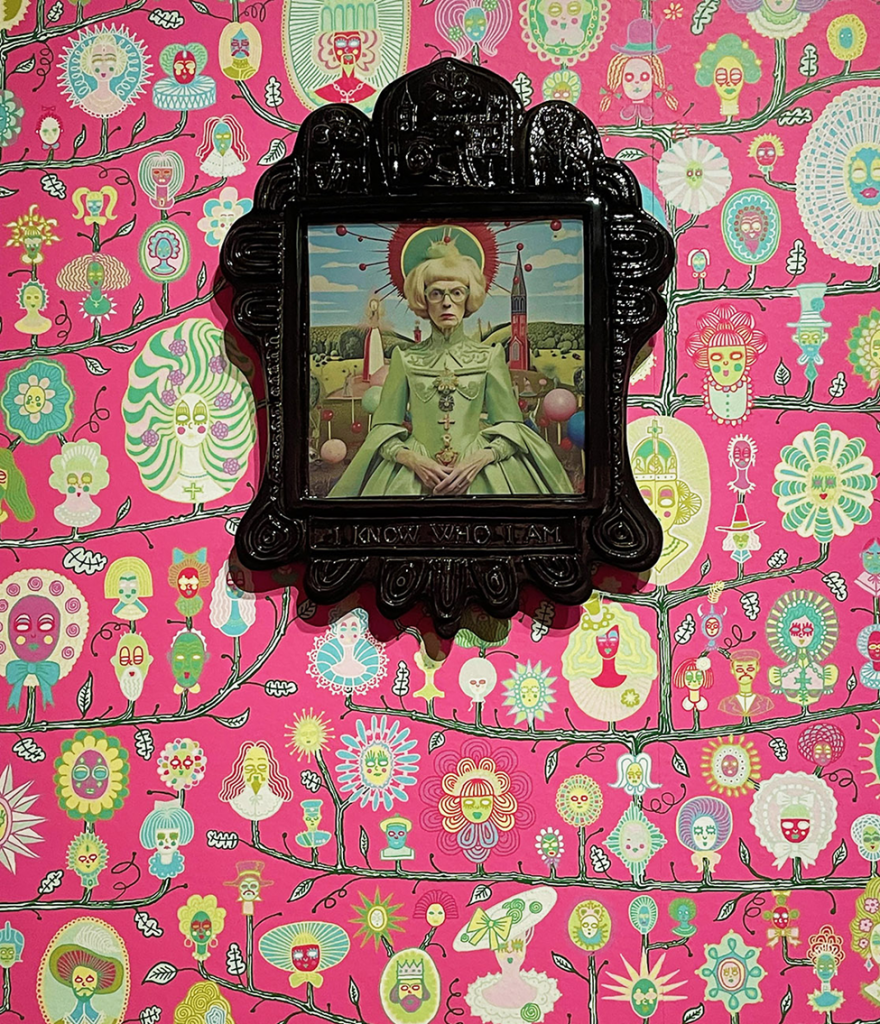
“Childhood” has always been a fertile source for artists in all disciplines. We all had a childhood and, for better or worse, we all carry memories that often haunt us throughout our lifetimes. Ruby/Dakota, a scrappy young gallery in the East Village is presenting a two- person show entitled What The House Dreams Of that brings together two young artists with memories to share.
Continue reading “What The House Dreams Of – Two painters at Ruby Dakota Gallery”







